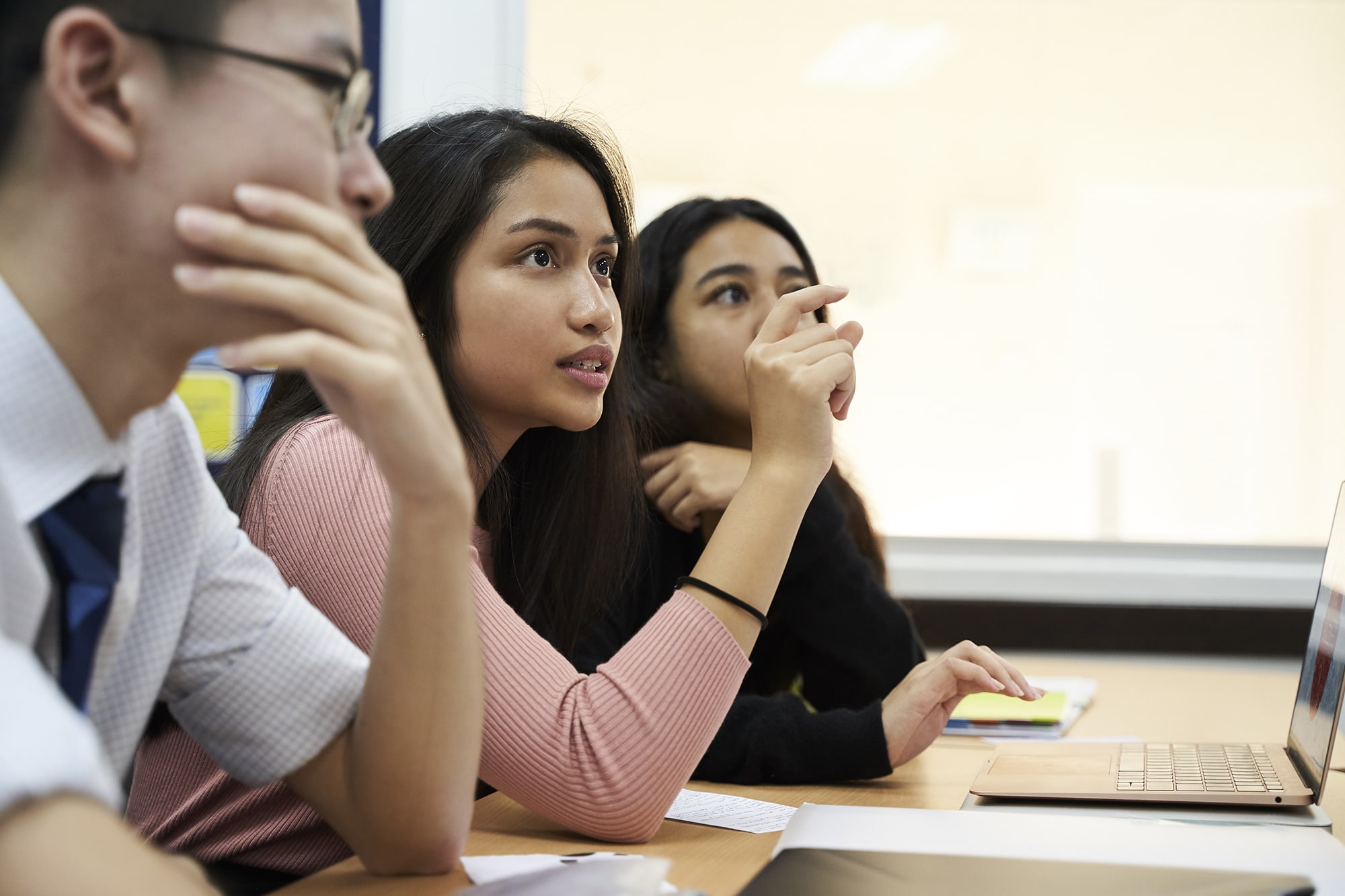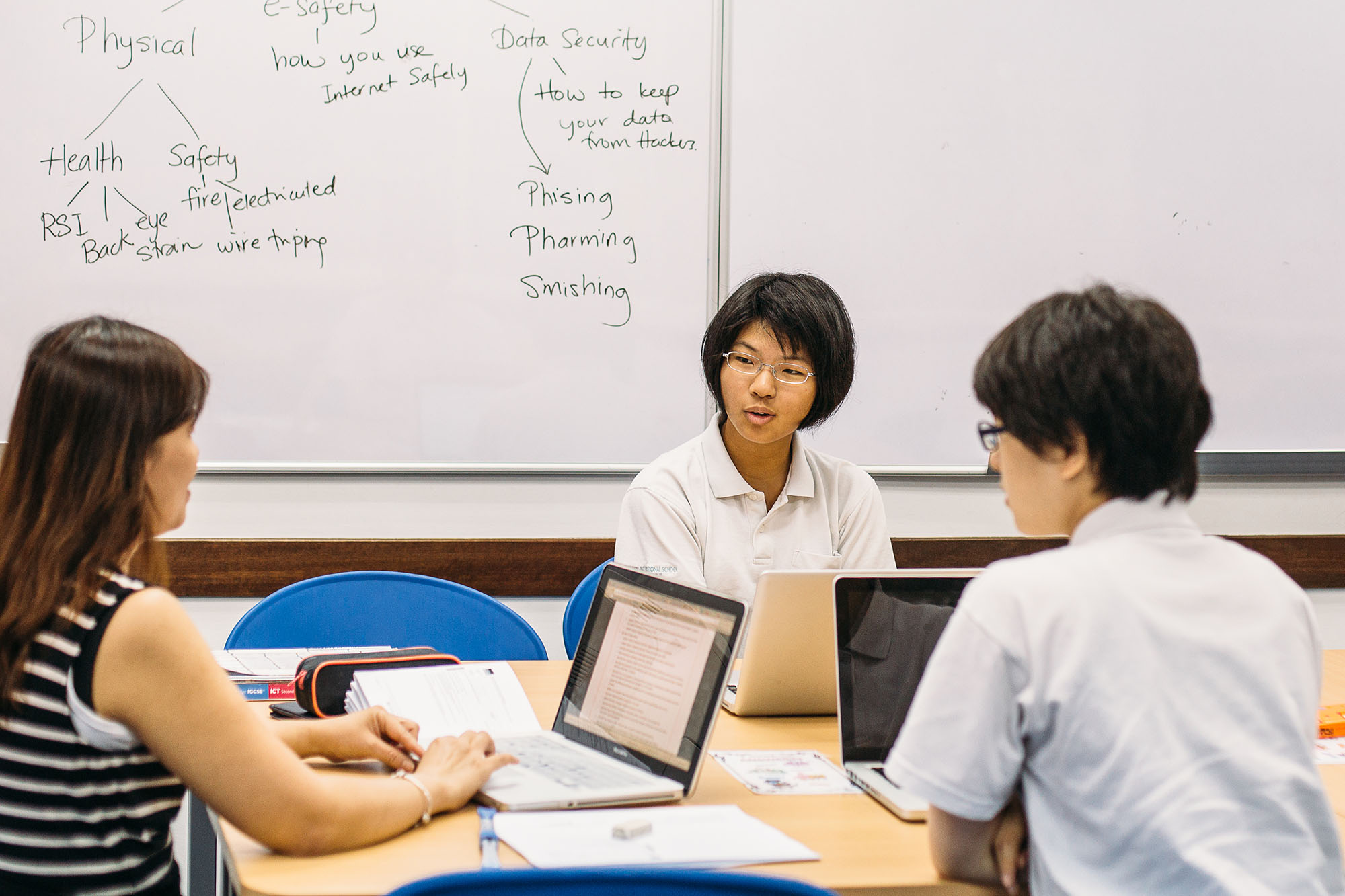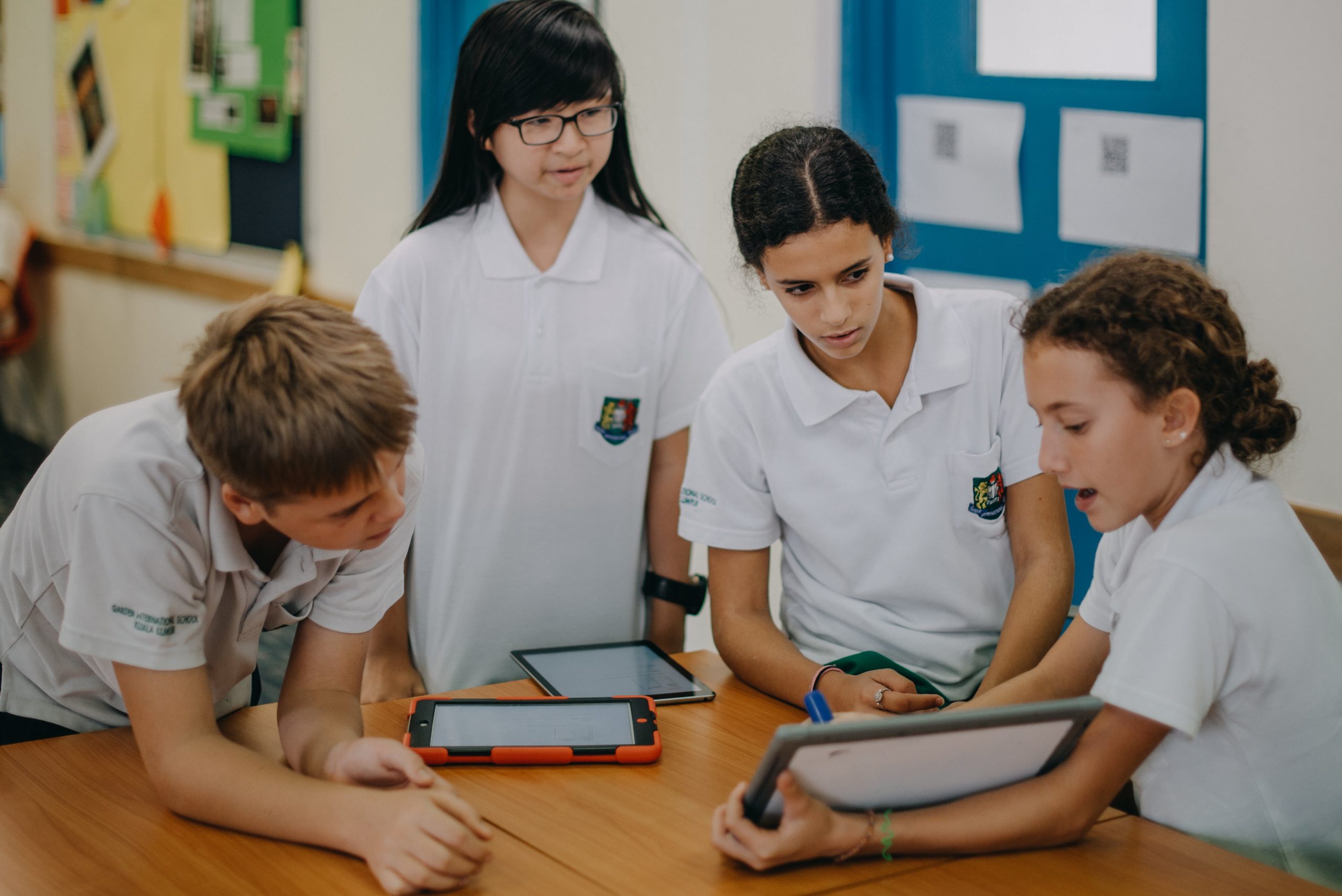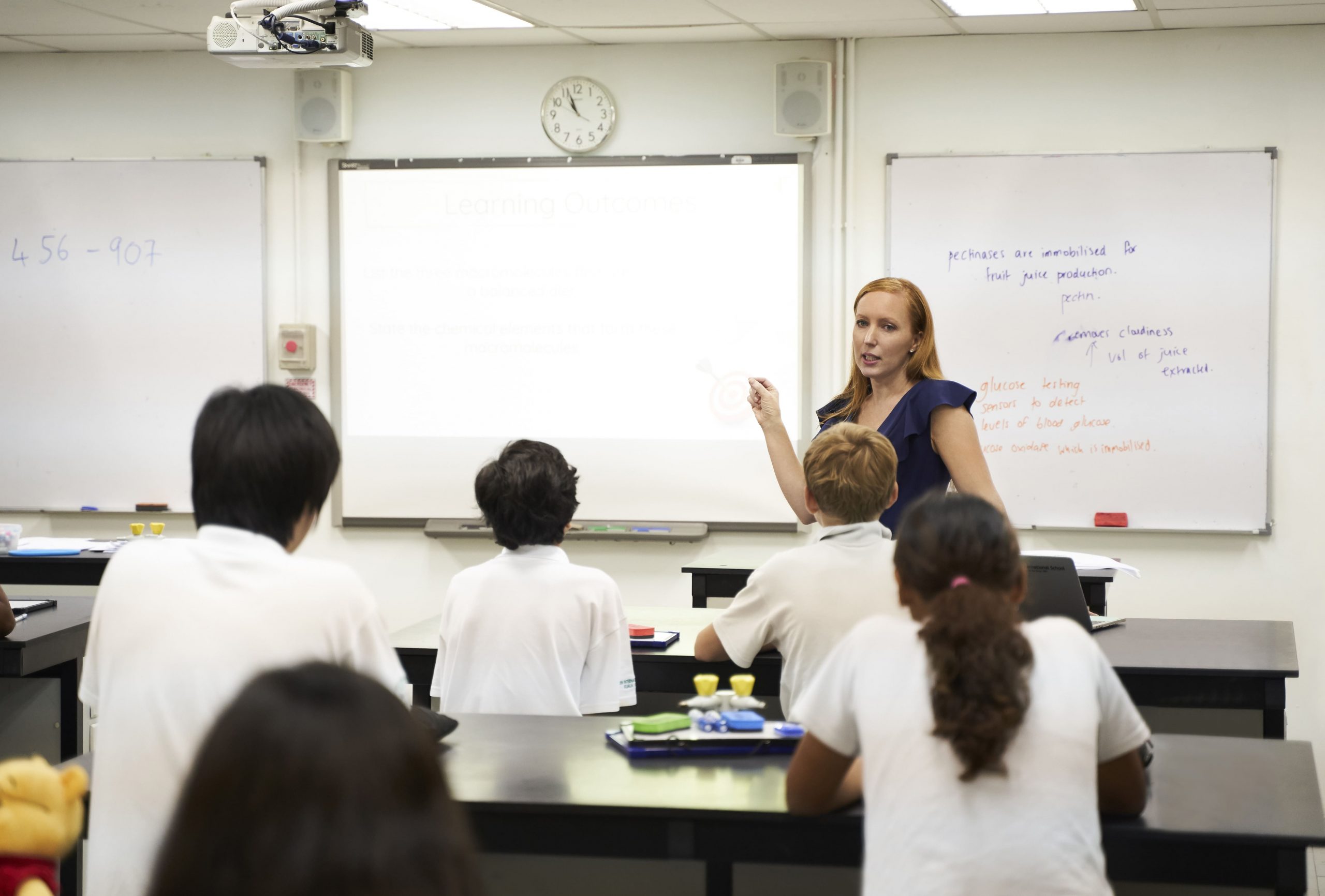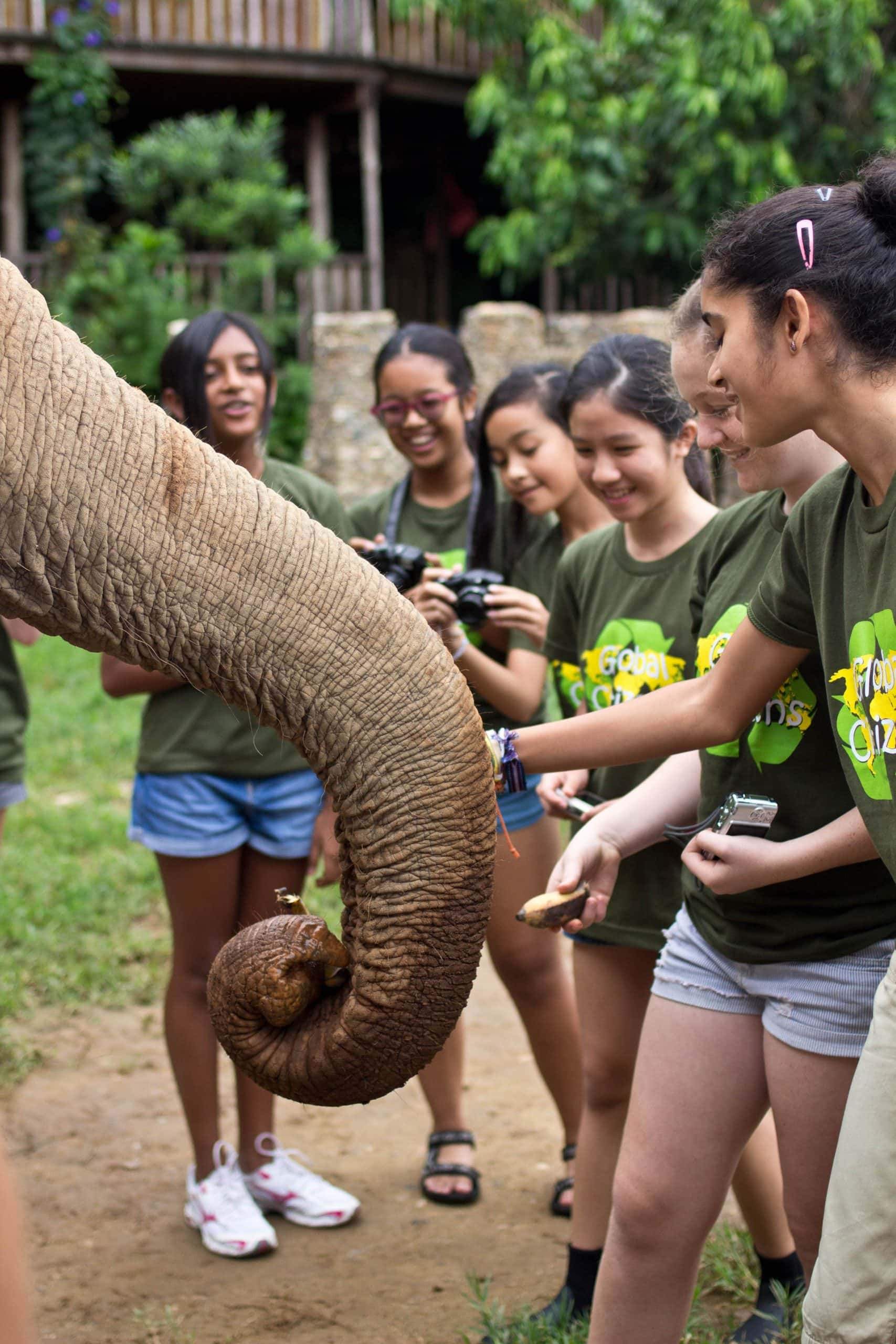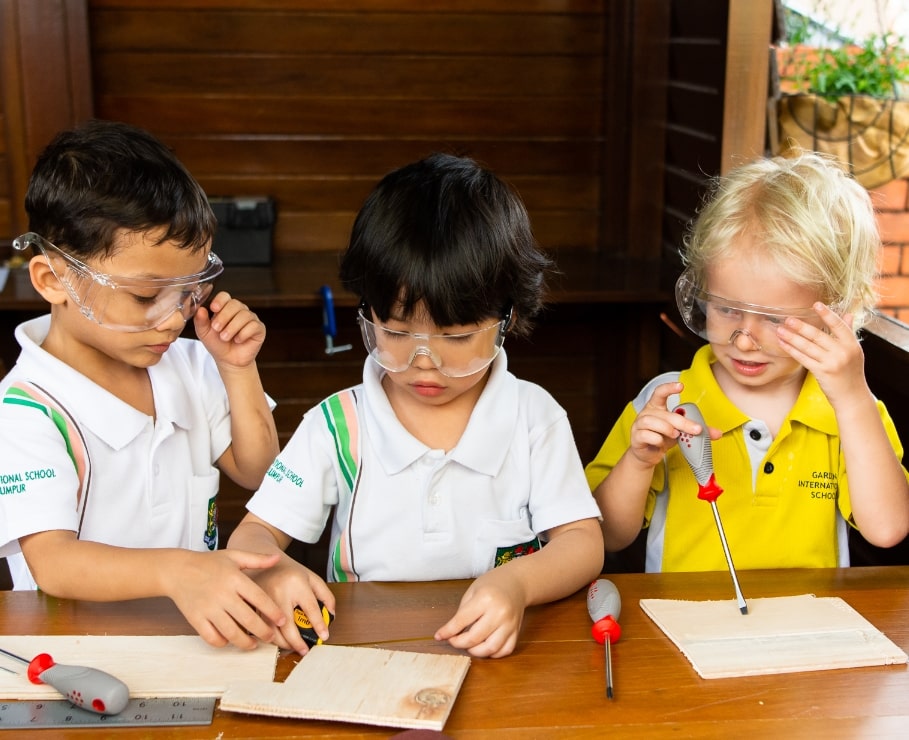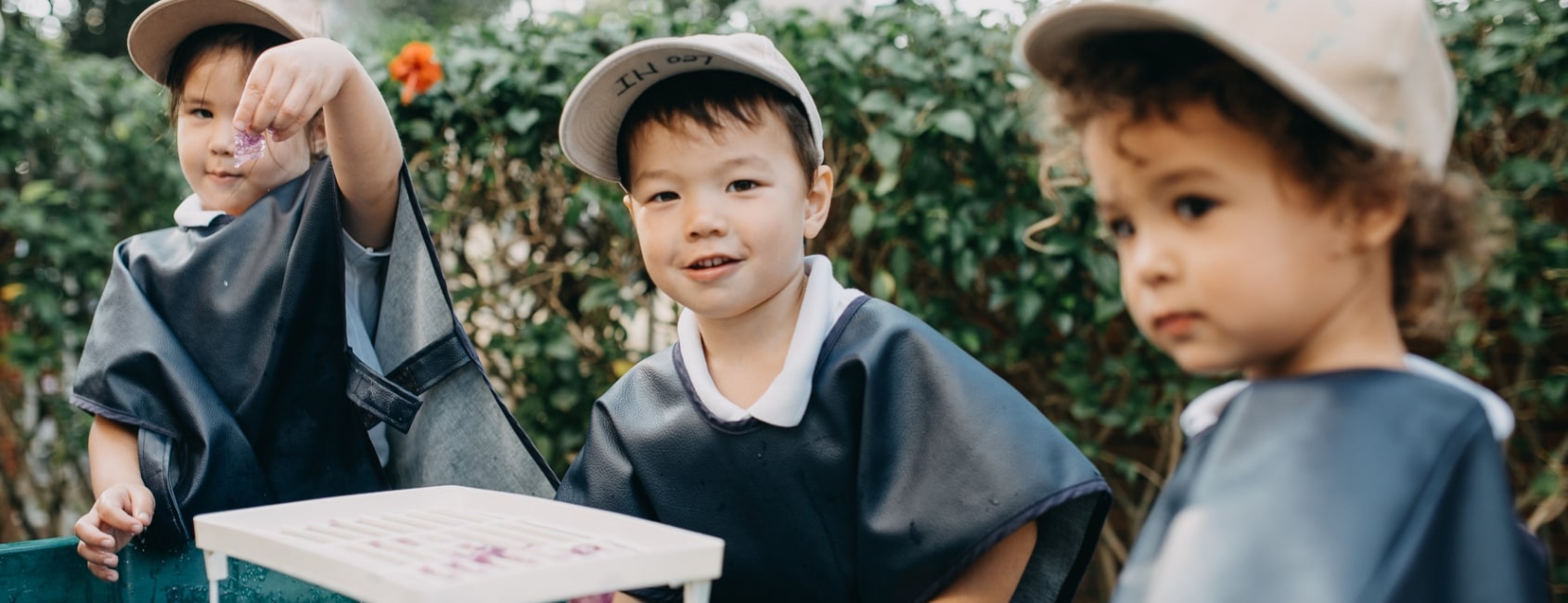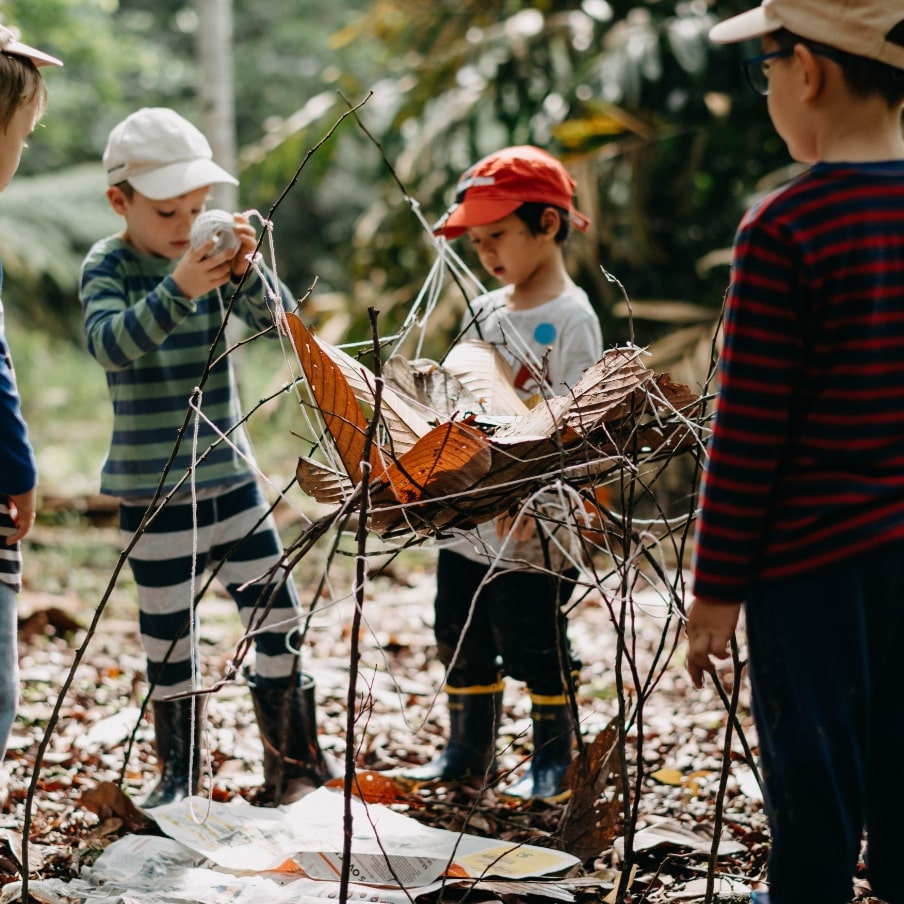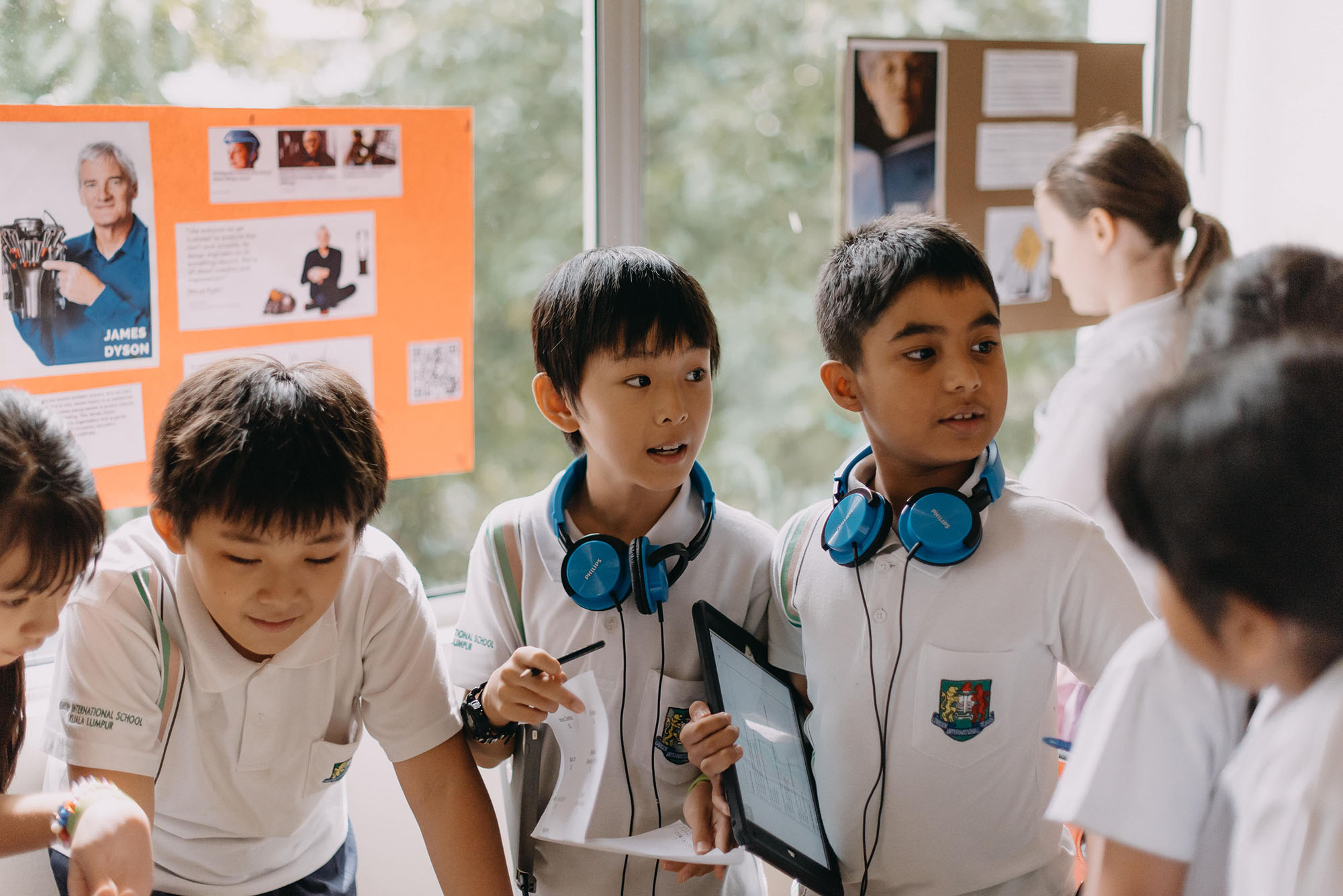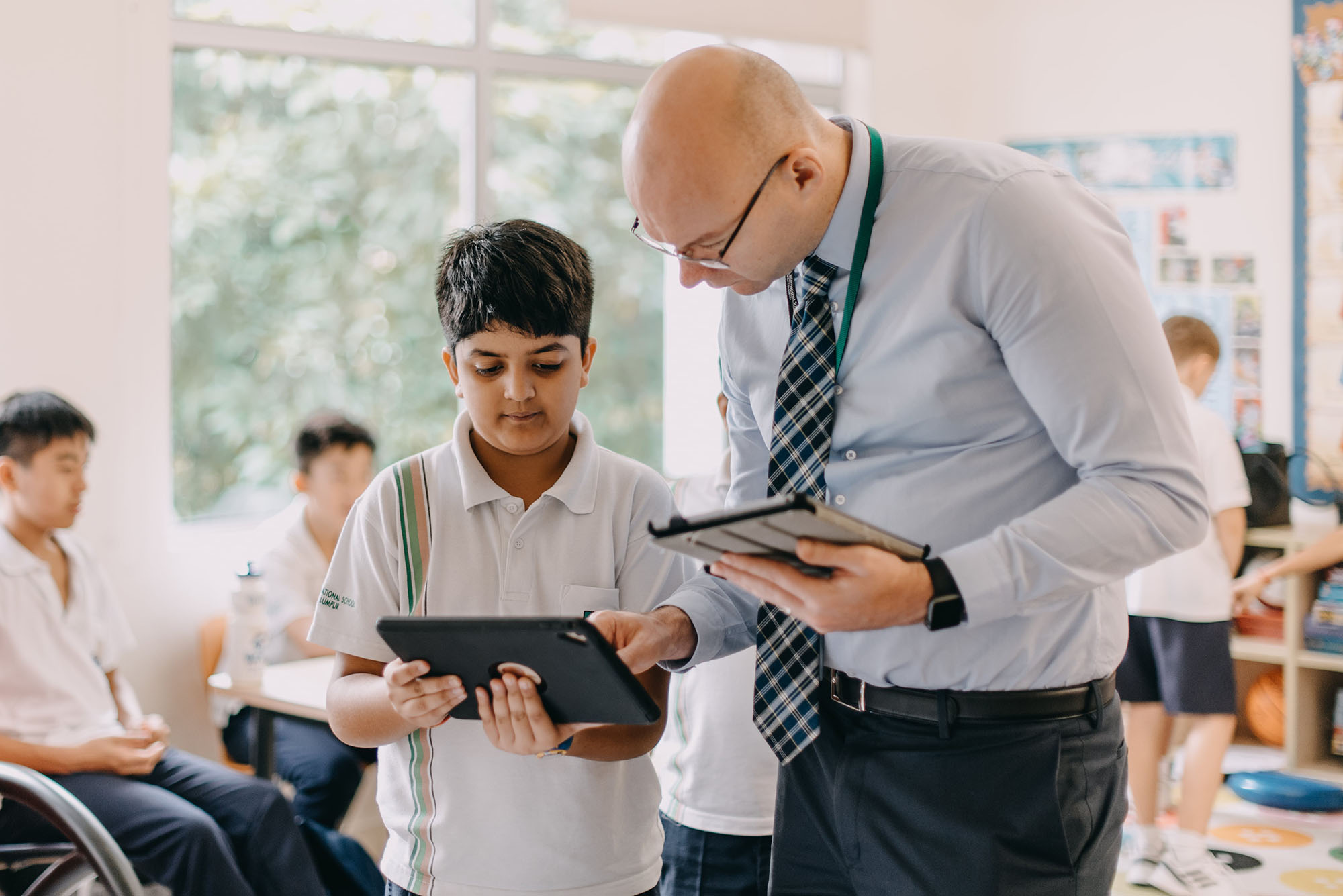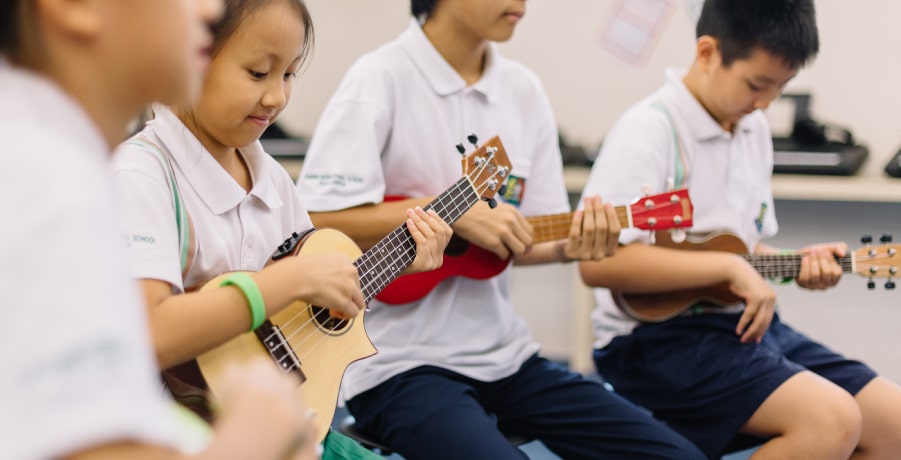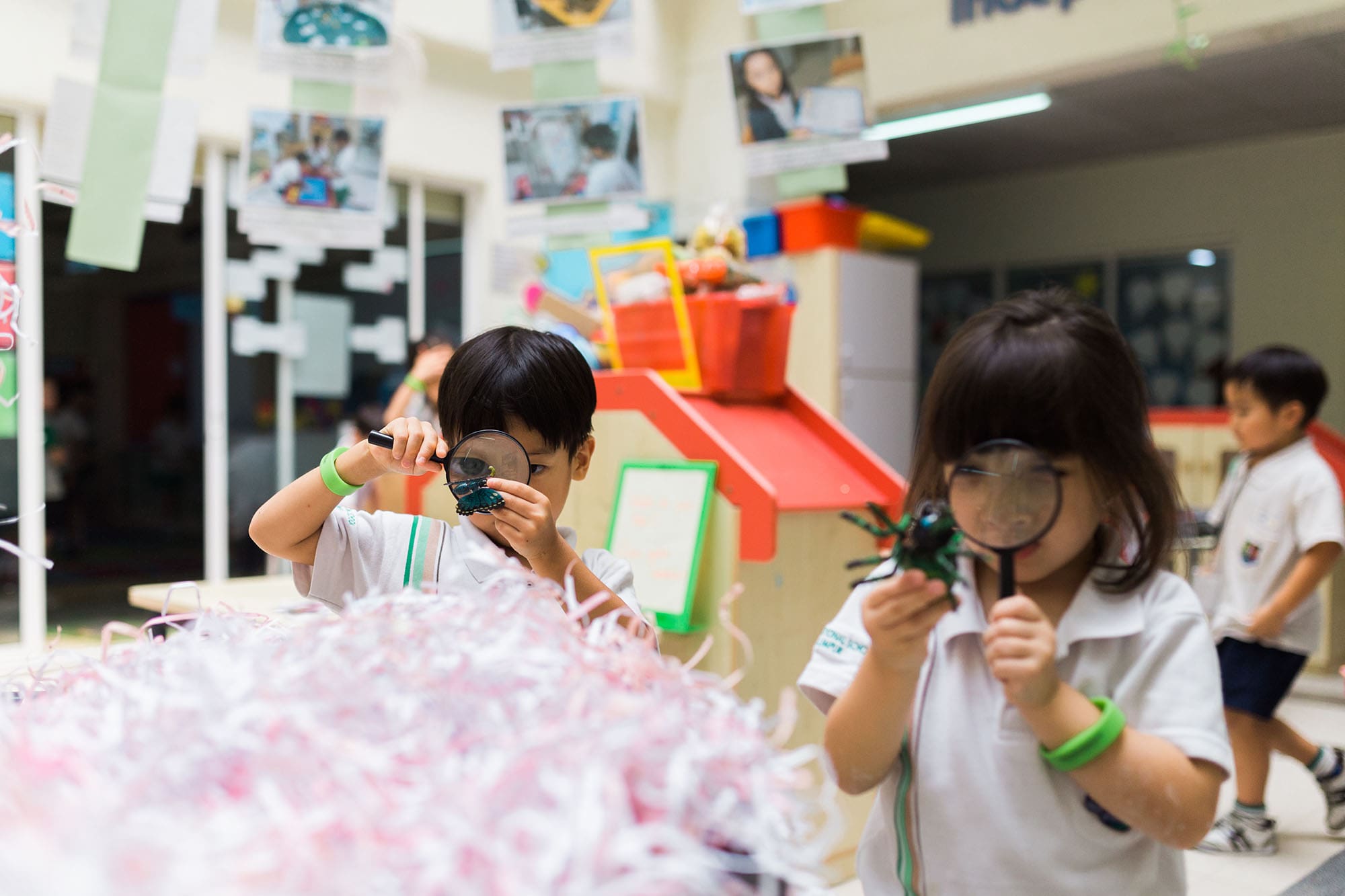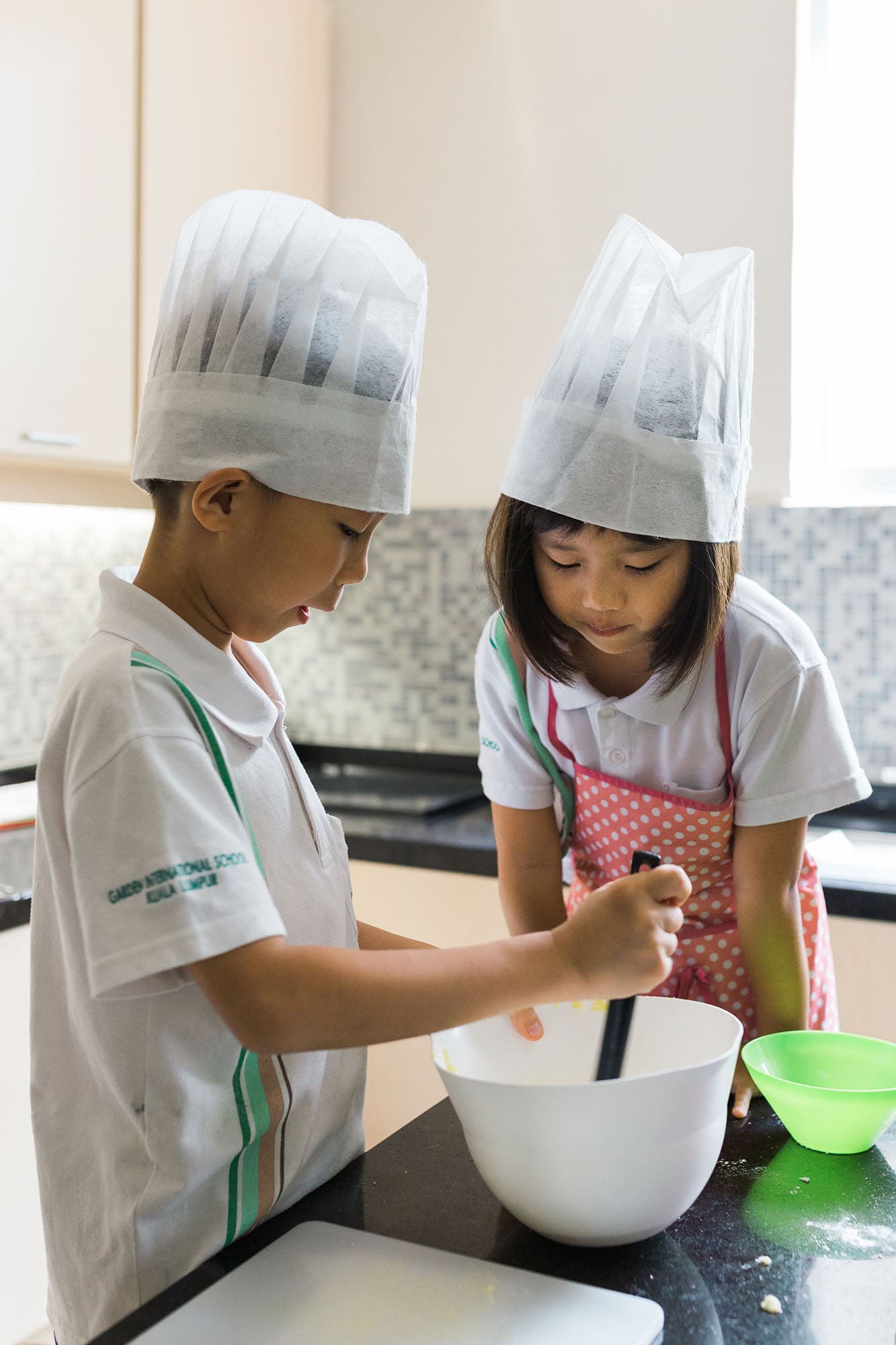What is self-directed play?
Self-directed play or unstructured play can best be described as play-time that occurs on a child’s own terms. The unstructured nature of this play means that there is often no specific outcome for the playtime. Children simply play at their own pace and are driven by their own curiosities. Rather than using toys created for a specific purpose, children engaging in self-directed play typically use their own creativity to turn objects into fun games and toys – think cardboard boxes, tubes, and other materials. This child-led play is characterised by creativity and improvisation, and is not led by adults. But that doesn’t mean that parents, friends, and siblings can’t all get involved! In fact, encouraging self-directed play at home is a great way to improve sibling relationships.The benefits of self-directed play
Self-directed play benefits a child’s overall social, emotional, cognitive, and physical skills. More specifically, it helps improve:- Independence: Self-directed play encourages children to foster independence, whilst keeping them safe within a controlled home or school environment.
- Creativity: Self-directed play is innately creative, as children use their imaginations to develop scenarios and storylines, allowing them to think outside the box in increasingly inventive ways.
- Problem Solving: As children move through self-directed play scenarios, they learn to overcome problems and challenges in a natural way, by finding solutions through problem solving.
How can self-directed play be used to improve sibling relationships?
As well as fostering qualities such as increased independence, creativity, and problem solving capabilities, self-directed play teaches children how to manage their emotions through improving their social intelligence. Because of this, self-directed play can be used as a tool to improve issues such as sibling rivalry, and foster better sibling relationships. When siblings engage in self-directed play together, they learn to overcome their differences in opinion through an increased capacity to accept and respond to feedback. Free play lets children hone skills like assertiveness, negotiation, cooperation and sharing, which are essential in building healthy relationships and friendships. This is done through communicating feelings effectively with each other during play, nurturing empathy.Ways to encourage positive self-directed play among siblings
If you feel that you would like to start to encourage free play among your children at home, there are various ways you can assist in promoting a happy experience for your family: Give choice: Allow your children the freedom to decide when they want to engage in self-directed play together, as well as the nature of the game. Remember that unstructured play is self-motivated, meaning that sometimes your children may not be in the right frame of mind to play. Expectations: Before starting, make sure you set some basic expectations and ground rules for your children to follow. Try doing this together with your children to give them a sense of ownership over the play. This includes making sure they understand what is acceptable and what isn’t, in terms of behaviour towards one another. Give them space: Remember, self-directed or unstructured play occurs on your child’s own terms. This means giving them the liberty to decide the nature of the games they play. Avoid getting involved as much as possible. This means trying not to give them ideas about what to do and how to do it. Giving them agency over their play will encourage them to try to make it successful. Get the Older Child/ren Involved: Get your older children involved in play by letting them know how much their younger siblings look up to them. It’s important you encourage your older children to show leadership qualities, and teach their younger siblings what they know in the process!
Share the love: Often times sibling rivalry may occur when siblings compete for parents’ affection and attention. Ensure that you provide each child with quality alone time both before and after play. When your children feel that they have received their fair share of attention, they will be more willing to share and cooperate with each other.
Garden International School’s Early Years Centre (EYC) encourages self-directed play through a range of multisensory learning opportunities for students. Find out more about our EYC by taking a virtual tour, or making an enquiry today.
Get the Older Child/ren Involved: Get your older children involved in play by letting them know how much their younger siblings look up to them. It’s important you encourage your older children to show leadership qualities, and teach their younger siblings what they know in the process!
Share the love: Often times sibling rivalry may occur when siblings compete for parents’ affection and attention. Ensure that you provide each child with quality alone time both before and after play. When your children feel that they have received their fair share of attention, they will be more willing to share and cooperate with each other.
Garden International School’s Early Years Centre (EYC) encourages self-directed play through a range of multisensory learning opportunities for students. Find out more about our EYC by taking a virtual tour, or making an enquiry today.






